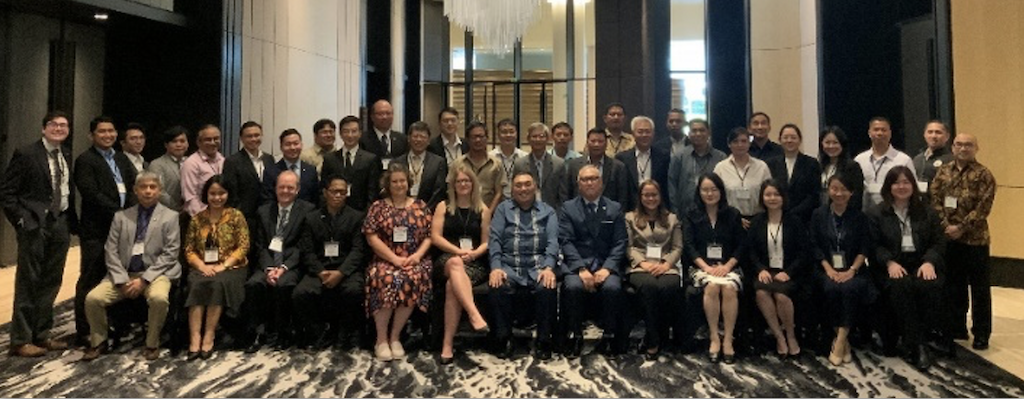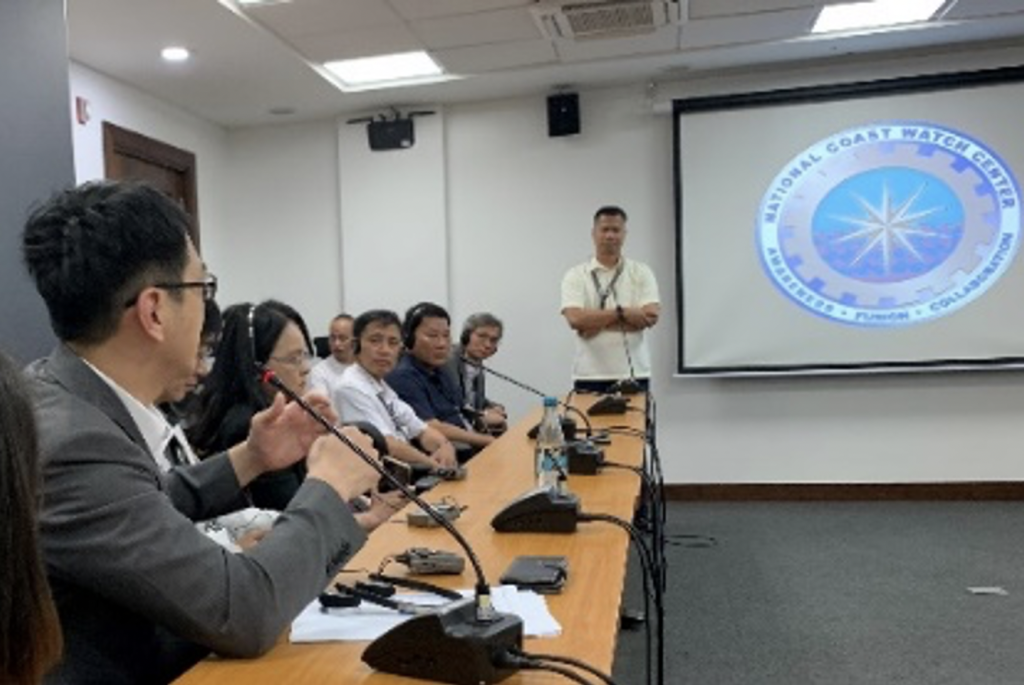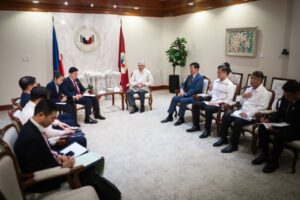
The United States government recently hosted a workshop for customs, coast guard, and legal officials from the Philippines, Indonesia, Vietnam, and Taiwan to strengthen regional cooperation in enforcing international maritime sanctions.
Organized from February 28 to March 2 in Manila by the U.S. Embassy’s Export Control and Border Security (EXBS) Program and the James Martin Center for Nonproliferation Studies of the Middlebury Institute of International Studies, the workshop trained participants on the impact of sanctions on key stakeholders; regional examples of sanctions evasion; challenges to the enforcement of sanctions; and models for implementing relevant United Nations Security Council resolutions. Delegates also participated in tabletop exercises where they applied skills in investigating and preventing sanctions evasion.
Through this workshop, participants developed closer working relationships to jointly address sanctions evasion activities in the region.
“This event is a great opportunity for the delegates to meet and share each nation’s response to maritime sanctions evasion activities. The workshop and relationships developed will provide contacts for future collaboration and cooperation,” EXBS Regional Advisor Ransom Avilla said at the workshop’s opening ceremony attended by Philippines Department of Foreign Affairs Undersecretary Jesus Domingo and Philippines Strategic Trade Management Office (STMO) OIC Director Janice Dimayacyac
“We in the Southeast Asia are located in a strategic area prone to various sanctions evasion tactics. I hope that this workshop would facilitate that dialogue and strengthen regional cooperation as we work our way towards preventing theses illicit trade activities within our region and complying with our obligations under United Nations Security Council Resolution 1540,” STMO OIC Director Dimayacyac said.
While in Manila, the participants also visited the Philippine National Coast Watch Center for a briefing on the center’s functions and its best practices in countering maritime threats.



